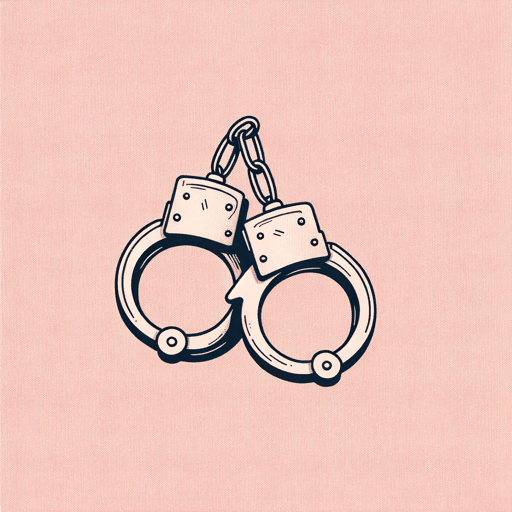52 pages • 1 hour read
E. L. DoctorowThe Book of Daniel
Fiction | Novel | Adult | Published in 1971A modern alternative to SparkNotes and CliffsNotes, SuperSummary offers high-quality Study Guides with detailed chapter summaries and analysis of major themes, characters, and more.
Symbols & Motifs
Literature and Authors
The title The Book of Daniel invokes several literary associations: the Biblical Book of Daniel, the book that Daniel is writing about his family that forms much of the narrative, and Daniel’s consciousness of his role as both an author and a character. The Biblical Book of Daniel for which the novel is named hints at the egotism at the heart of protagonist Daniel’s relationship with other books. The Book of Daniel tells the story of the Jewish prophet Daniel, who is taken hostage after Jerusalem falls to the Babylonians. Daniel wins influence at court when he successfully interprets Babylonian King Nebuchadnezzar’s dreams. Much of the rest of the book consists of Daniel’s prophetic visions. The Biblical Daniel’s role as a prophet trapped in the enemy’s court parallels Daniel Lewin’s view of himself as the victim of an enemy state, gifted with the ability to interpret the signs of his times if only others would listen. Reflecting his tendency to literary self-aggrandizement, Daniel also puts himself in the company of writers like James Joyce, Walt Whitman, and Allen Ginsberg, all of whom wrote, directly or indirectly, about themselves. Daniel is a pretentious, intellectual man, and he considers himself worthy of the respect and intellectual scrutiny such writers receive, perhaps even the reverence of a prophet like the Biblical Daniel.
Related Titles
By E. L. Doctorow






